High-temperature Steam Treatment for Biohazard Waste
High-temperature steam treatment is an effective method for disinfecting and sterilizing medical waste. By exposing the waste to high-pressure, high-temperature steam, the microbial proteins in the waste are denatured and coagulated, which kills pathogens and renders the waste harmless.

Key Features of High-Temperature Steam Treatment

Sterilization and Disinfection
Temperature: >134°C Pressure: >0.22 MPa (gauge pressure) Time: >45 minutes The process effectively inactivates bacterial spores, viruses, fungi, and other pathogens, including dangerous viruses like COVID-19 and hepatitis B.

Reduction
High-temperature steam treatment decomposes, softens, or liquefies organic materials, reducing the volume and weight of medical waste by 30%-50%. The moisture content after drying should be less than 20% of the total weight, and the crushed material size should not exceed 5 cm.

Destruction
High-temperature steam can deform plastic items like syringes and infusion tubes, and break glass products, preventing illegal recycling and minimizing medical safety hazards.
Equipment Scales and Corresponding Applications

Small-scale
Suitable for small hospitals, clinics, laboratories, and medical institutions. Typical capacity: 50–150 kg per cycle, designed for low to moderate amounts of medical waste.
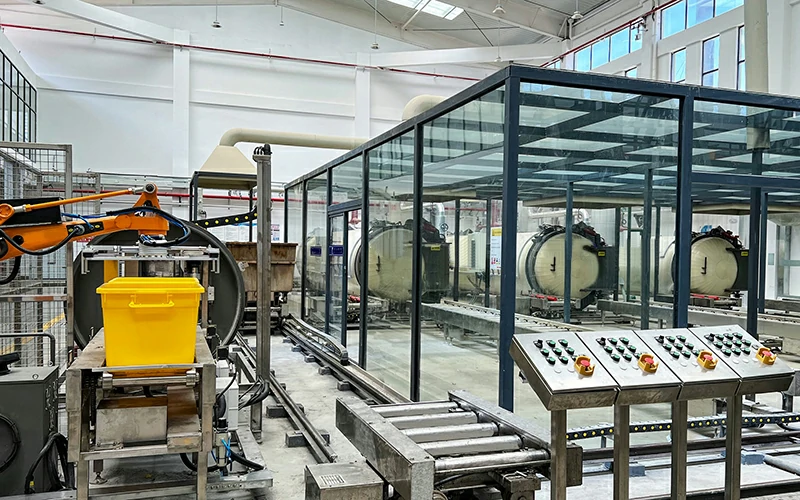
Medium-scale
Suitable for medium-sized hospitals, clinics, or medical waste treatment centers. Typical capacity: 150–500 kg per cycle, capable of handling a broader range of waste types, including surgical waste, infusion bags, and medical devices.
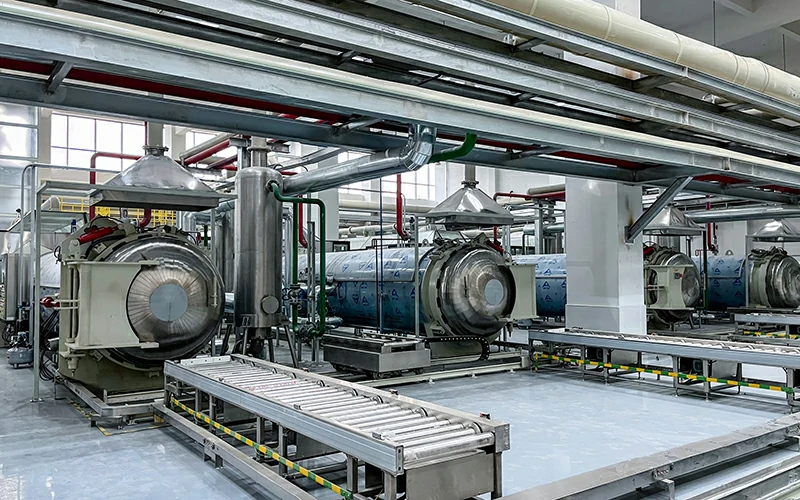
Large-scale
Suitable for large hospitals, medical waste treatment plants, and centralized waste management facilities. ypical capacity: 500–2000 kg per cycle or more, designed for large volumes of waste with advanced automation.
Advantages of High-Temperature Steam Treatment
Environmental Advantages
Unlike incineration, high-temperature steam treatment does not produce harmful gases like dioxins and furans, and reduces atmospheric pollution. There is no need for complex flue gas purification systems, lowering both capital and operational costs, and reducing secondary pollution risks.
Resource Recovery Potential
Metal items, if not severely damaged, can be recycled after treatment. Plastic, glass, and other materials can be processed into non-medical materials, such as additives for construction, improving resource utilization.
Safety Performance
The process is safer than incineration, with no combustion-related risks such as explosions or chemical reactions.
The system produces less noise and vibration, providing a safer and quieter work environment for operators.

Operational Process
01
Waste Collection
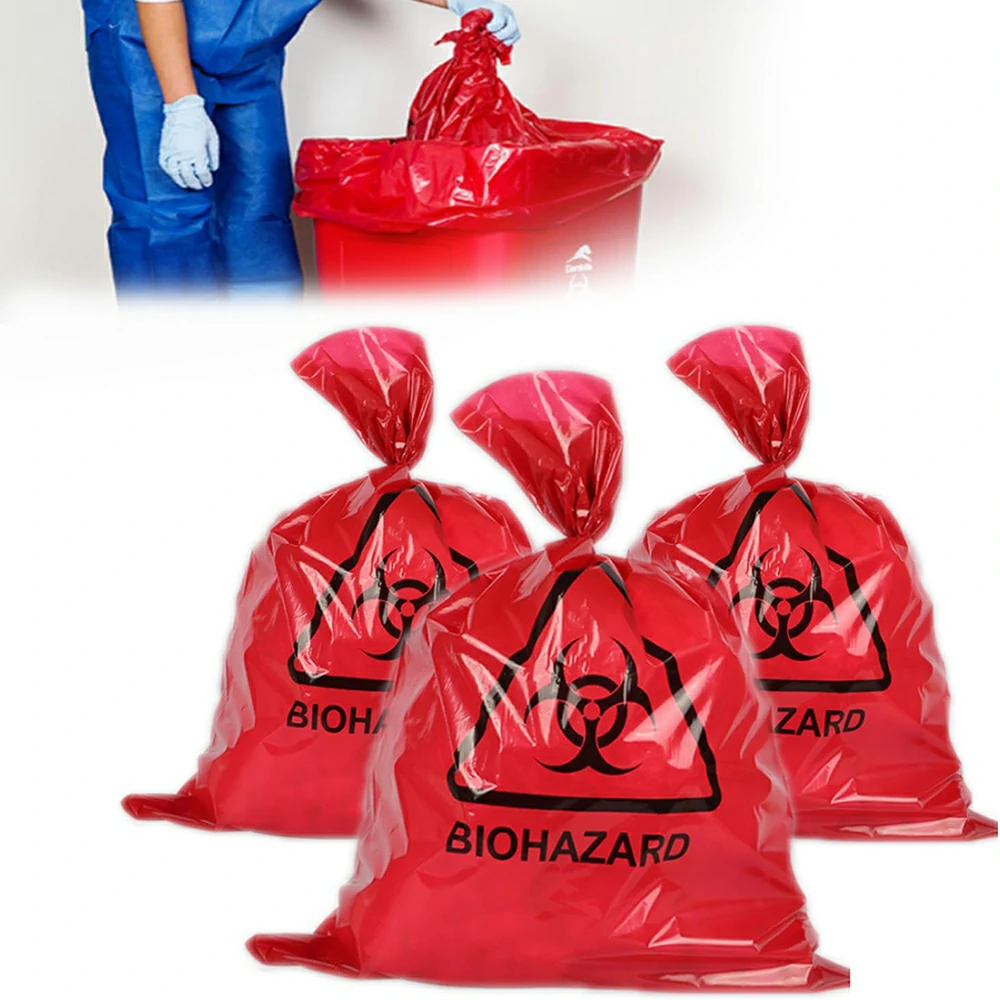
Medical waste is collected, placed in heat-resistant bags, and sealed to prevent leakage.
02
Loading into Treatment Chamber
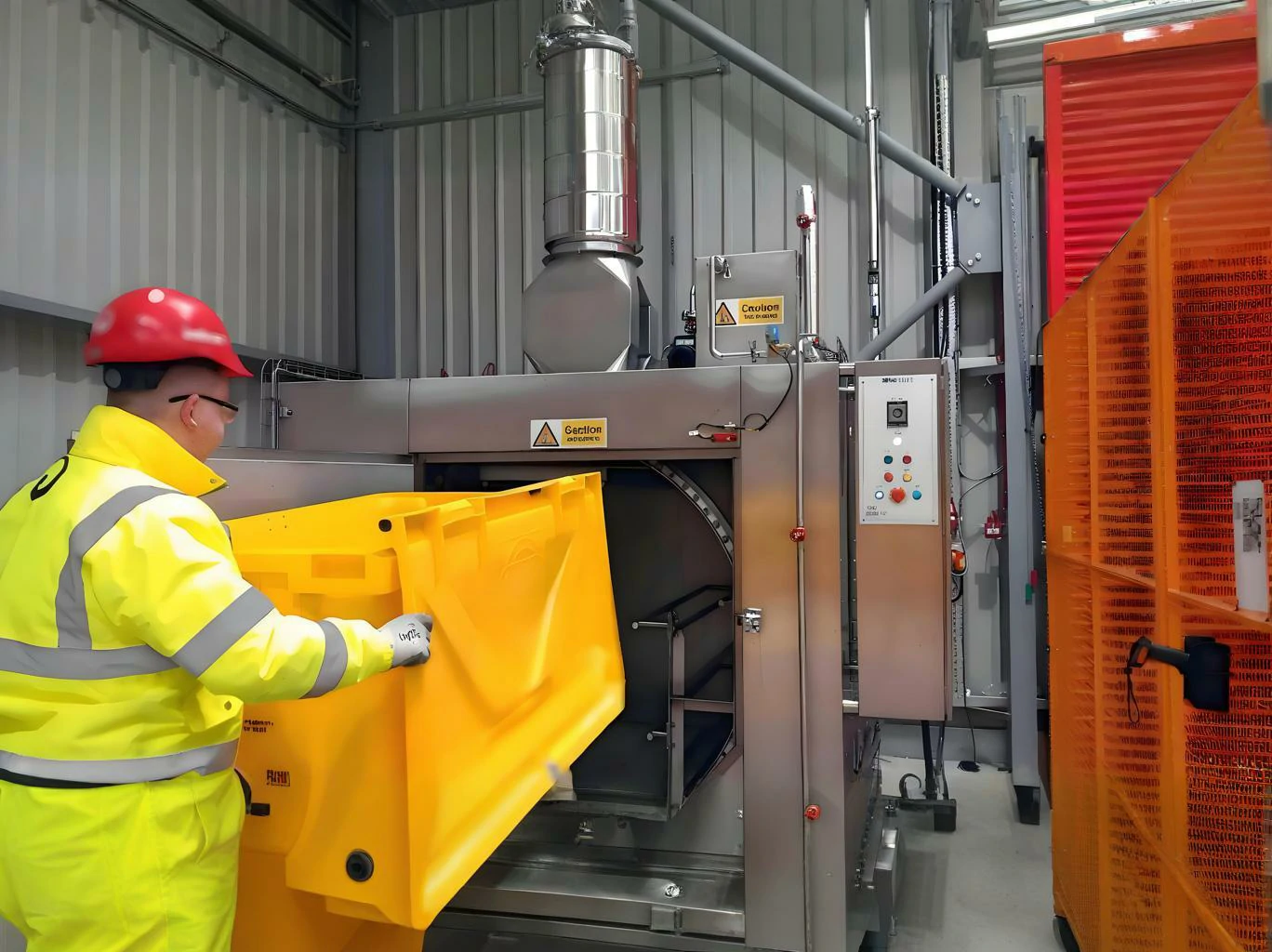
The waste is placed into the treatment chamber, the door is sealed, and the appropriate parameters (temperature, pressure, and time) are set based on the type and quantity of waste.
03
Treatment Process
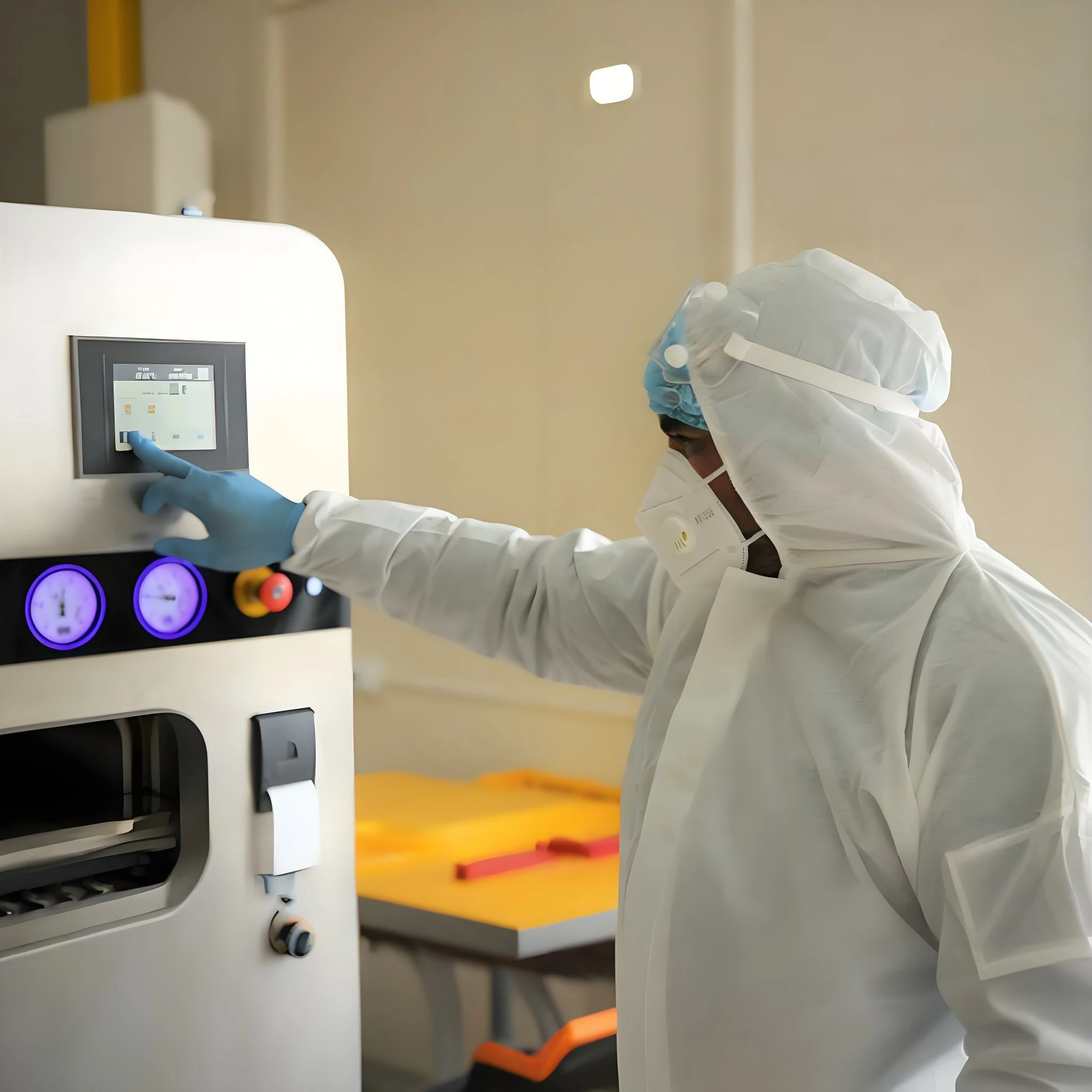
The system preheats the chamber to the desired conditions. After treatment, pressure and temperature are gradually reduced, and the treated waste is removed once the chamber is safe to open.
Key Caveats for Safe Operation

Training
Operators must be professionally trained and familiar with safety procedures and equipment operation.

Handling
Ensure that waste bags do not break during the loading process to prevent leakage.

Regular Maintenance
Check equipment performance regularly, including the sealing system, steam generation, and pressure control, to ensure smooth operation.

Parameter Control
Strictly control temperature, pressure, and treatment time to prevent incomplete sterilization or equipment damage.

Chemical Waste Handling
Special care should be taken when treating chemical waste to avoid hazardous reactions.

Record-Keeping
Keep detailed records of equipment operations, including types and quantities of medical waste handled, treatment parameters, and maintenance logs.
Post-Treatment Waste Disposal
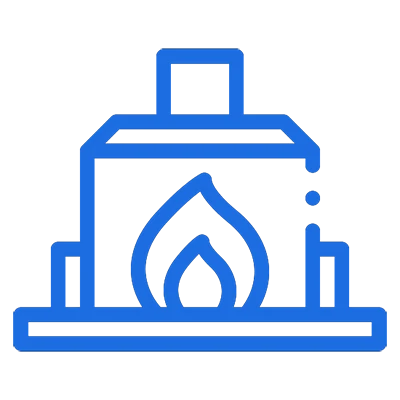
Disposal of Non-Hazardous Waste
Treated waste that meets non-hazardous standards can be safely disposed of in landfills or incinerated if necessary.
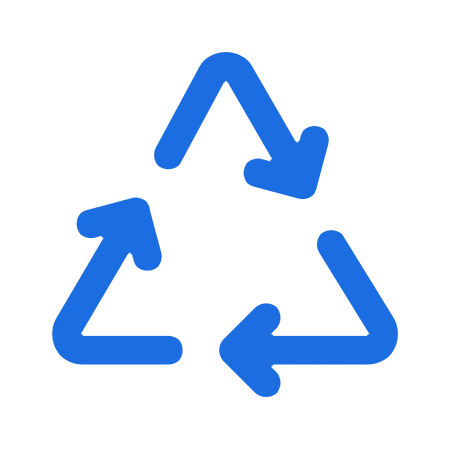
Recycling
Items like metal instruments can be recycled if they are not severely damaged, following appropriate cleaning, disinfection, and testing.

Special Treatment
Residual waste that still poses a risk or does not meet landfill standards may require further treatment (e.g., incineration).
Key Considerations When Choosing High-Temperature Steam Treatment Equipment
Performance
Ensure accurate and stable temperature and pressure control, a sufficiently sized treatment chamber, and minimal steam leakage. The equipment material should be corrosion- and heat-resistant.
Safety
The equipment should include overpressure, over-temperature, and leakage protection features to ensure operator safety.
Environmental Impact
Select energy-efficient equipment that meets environmental protection standards for drainage, exhaust emissions, and noise levels.
After-Sales Support
Choose a manufacturer that provides reliable after-sales service, including installation, training, maintenance, and technical support.
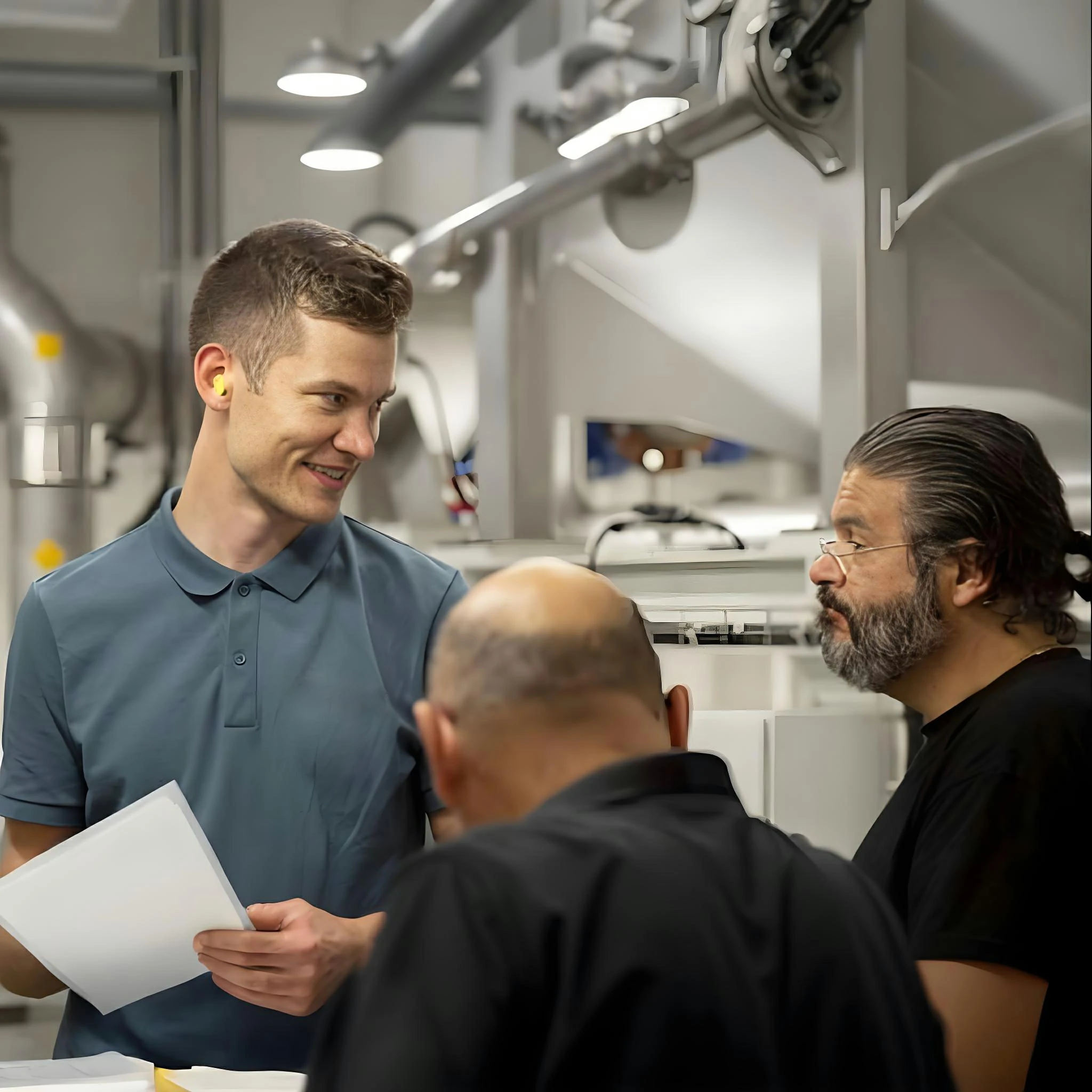
International Standards and Regulations
WHO Guidelines
The World Health Organization advocates for the safe management of medical waste, ensuring that pathogens are inactivated and that treated waste meets local environmental standards
Chinese Regulations
China’s Regulations on the Management of Medical Waste require treatment units to have the appropriate qualifications, and treatment processes must follow prescribed procedures to ensure environmental protection and hygiene.
Leading Manufacturers of High-Temperature Steam Treatment of Medical Waste
Chinese manufacturers have extensive experience in developing medical waste treatment equipment, offering customized solutions and robust after-sales support for various medical institutions.
FAQ
Biosafe offers a comprehensive range of high-quality products, backed by 16 years of industry expertise. We excel in understanding global regulations, providing tailored solutions, and delivering reliable after-sales support through our network of local engineers.
All our products undergo rigorous quality checks and are CE-certified, ensuring they meet and exceed global regulatory standards. Our in-depth knowledge of international laws allows us to guide clients through compliance, no matter where they operate.
Yes, Biosafe maintains a robust inventory and offers fast delivery, including door-to-door services. We understand the urgency of medical waste management and are equipped to provide prompt support when you need it most.
Our commitment to customer satisfaction doesn’t end with the sale. We provide ongoing support through our local engineers, ensuring that any issues are resolved quickly. We also offer guidance to help clients get the most out of our products and solutions.
Biosafe has extensive experience in assisting clients with medical product tenders. We provide expert guidance in product selection, compliance documentation, and tailored solutions to meet the specific requirements of each tender, helping our clients achieve success in competitive bidding processes.
Send a message
Find us
17th Floor, Caochangmen street, Nanjing City, Jiangsu Province, China
Email: [email protected]
Phone: +86 13276687134 Phone: +44 07516023572
